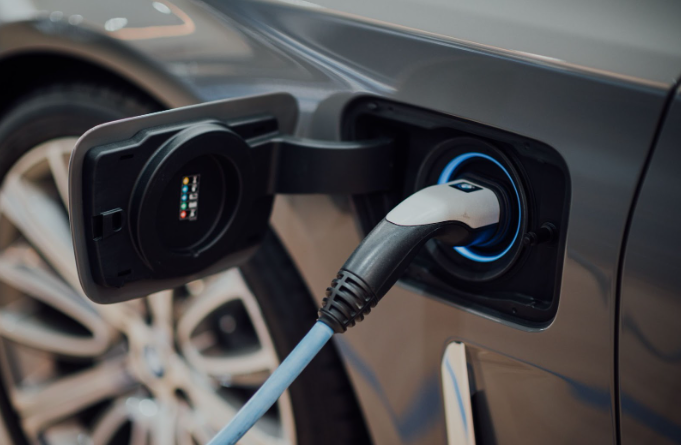ISLAMABAD: The National Electric Power Regulatory Authority (Nepra) has allowed electric vehicle charging stations (EVCS) to charge Rs23.57 per kilowatt-hour (kWh) plus a market-determined margin from electric vehicle (EV) owners.
The regulator issued the decision under NEPRA (Review Procedure) Regulations on the motion and policy guidelines filed by the federal government for rationalisation of the EVCS tariff.
Previously, Nepra had ruled that EVCS would provide “charging service” to electric vehicles at the applicable EVCS tariff. These stations were to be billed by distribution companies (DISCOs) under the A-2(d) tariff, with no monthly fuel cost adjustments (FCAs), positive or negative, applicable.
In the revised decision, Nepra reiterated that EVCS will continue to charge Rs23.57/kWh plus a market-based margin. Billing will remain under the A-2(d) tariff, and FCAs will remain inapplicable.
Nepra had earlier slashed the base tariff for EVCS by 45% to Rs23.57/kWh, down from Rs45.55/kWh. After taxes and adjustments, the effective rate is projected to drop to Rs39.70/kWh—down from Rs71.10/kWh.
The decision has been conveyed to the federal government for notification in the official Gazette, as required under Section 31(7) of the Regulation of Generation, Transmission and Distribution of Electric Power Act, 1997. If the government fails to notify the decision within 30 days, the authority may notify it itself.
Nepra noted that its April 15, 2025 decision—issued under No NEPRA/RJADG (Tariff)TRF-100/EV/5469-72—needed revision. Accordingly, it replaced paragraph 28(19) of the original order with a new determination.
However, Member (Technical) Rafique Ahmed Shaikh submitted a dissenting note. While acknowledging the importance of promoting EV adoption to support sustainable energy goals, he disagreed with the financial structure.
“I must respectfully dissent from the majority decision to impose the financial burden of subsidising EV charging stations on the general consumer base,” he said.
Shaikh argued it is unfair to shift the cost of incentivising one sector onto all consumers, particularly when many lack access to EV technology. He said subsidies should be supported through government grants or external sources rather than existing consumers.
“I firmly support a Cost of Service Tariff structure, and any subsidy provisions should be limited to assisting low-income residential consumers, rather than being broadly allocated to incentivise specific businesses or consumer categories,” he added. “For these reasons, I respectfully dissent from the majority decision as a matter of principle.”




